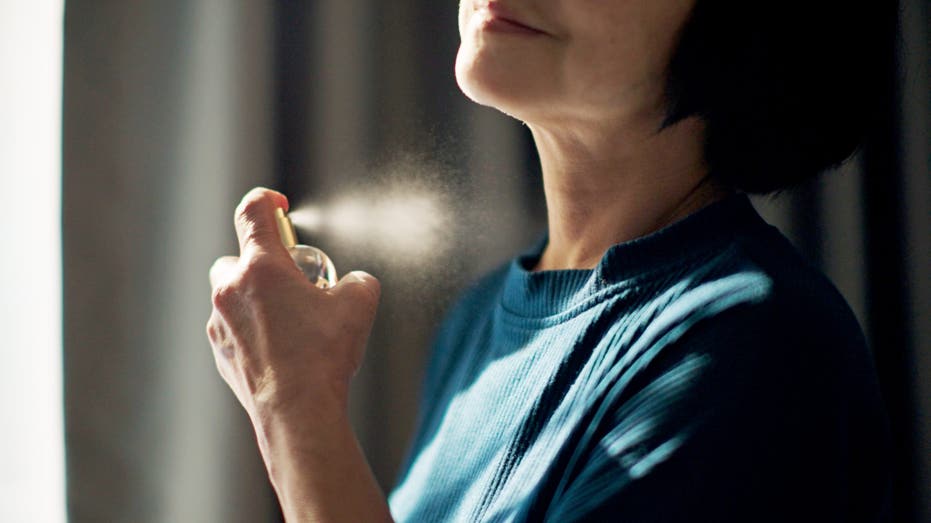Meditation Might Just Be the Ultimate Anti-Aging Hack, New Study Finds

Sarah Johnson
April 18, 2025
Brief
A new study finds that long-term transcendental meditation can slow biological aging, reduce stress hormones, and boost cognitive function, especially in older adults.
Could sitting quietly and repeating a mantra really help you age more gracefully? According to a new study published in Biomolecules, long-term practice of transcendental meditation may do just that—both by easing stress and dialing back biological signs of aging.
Researchers from Maharishi International University, the University of Siegen, and the Uniformed Services University of the Health Sciences teamed up to test whether transcendental meditation—a technique involving silently repeating a mantra—delivers on its much-hyped, mellowed-out promises.
"These results support other studies indicating that the transcendental meditation technique can reverse or remove long-lasting effects of stress," explained senior MIU researcher Kenneth Walton. In case you missed it, stress isn’t just a mood killer; Walton points out it’s now recognized as a culprit in almost every disease and disorder you can imagine.
The study divided participants into two age groups: 20-30 and 55-72. Half meditated and half did not. The scientists then analyzed gene activity tied to inflammation and aging. The meditators showed lower expression of these age-related genes, suggesting their bodies might be aging a little more slowly than the average non-meditator.
But the benefits didn’t stop at the genetic level. Cognitive function also got a boost—especially for the older crowd. EEG tests revealed that older meditators had faster brain processing speeds and scored higher on the Brain Integration Scale (BIS), a detailed measure of cognitive performance. In fact, older meditators performed on par with much younger folks who didn’t meditate. If that’s not a win for Team Om, what is?
The study also looked at hair cortisol and cortisone, those infamous stress hormones that linger and tattle on your long-term anxiety. Meditators had lower active cortisol in their hair, a sign of less chronic stress and, potentially, a slower march of time on their bodies.
Still, the study isn’t bulletproof. Walton admits the lack of a placebo control group is a limitation, and most participants lived in the same area (hello, Southeast Iowa).
Biohacker and author Dave Asprey, who knows a thing or two about longevity, agrees meditation can help slow the aging process. He compares meditation to "weightlifting for the brain," saying long-term meditators have more robust, organized neural activity and may even stave off types of dementia. Asprey recommends newbies start with a simple body scan—breathing in for four seconds, out for eight, and focusing one body part at a time. Learning that meditation is an embodied practice can make all the difference when you’re just starting out.
Intriguingly, Asprey notes that not all meditation is created equal—what works for a farmer might not work for a warrior, and that’s perfectly okay. Meditation isn’t a one-size-fits-all prescription, but when it works, the benefits appear to go beyond what many pharmaceuticals can offer.
So, if you’re looking for a low-cost, side-effect-free way to keep your mind sharp and your cells youthful, it might be time to find a quiet spot, close your eyes, and give that mantra a whirl. Just don’t expect instant enlightenment—aging gracefully still takes a little patience.
Topics
Editor's Comments
It’s almost poetic that the secret to aging well might not be in a fancy serum or a high-tech gadget, but in simply sitting still and breathing. If meditation really is the ultimate anti-aging hack, then my grandma—who always claimed her 'quiet time' was sacred—has been lightyears ahead of Silicon Valley wellness trends. Maybe it’s time we all take a leaf out of her book (or at least a few deep breaths).
Like this article? Share it with your friends!
If you find this article interesting, feel free to share it with your friends!
Thank you for your support! Sharing is the greatest encouragement for us.



